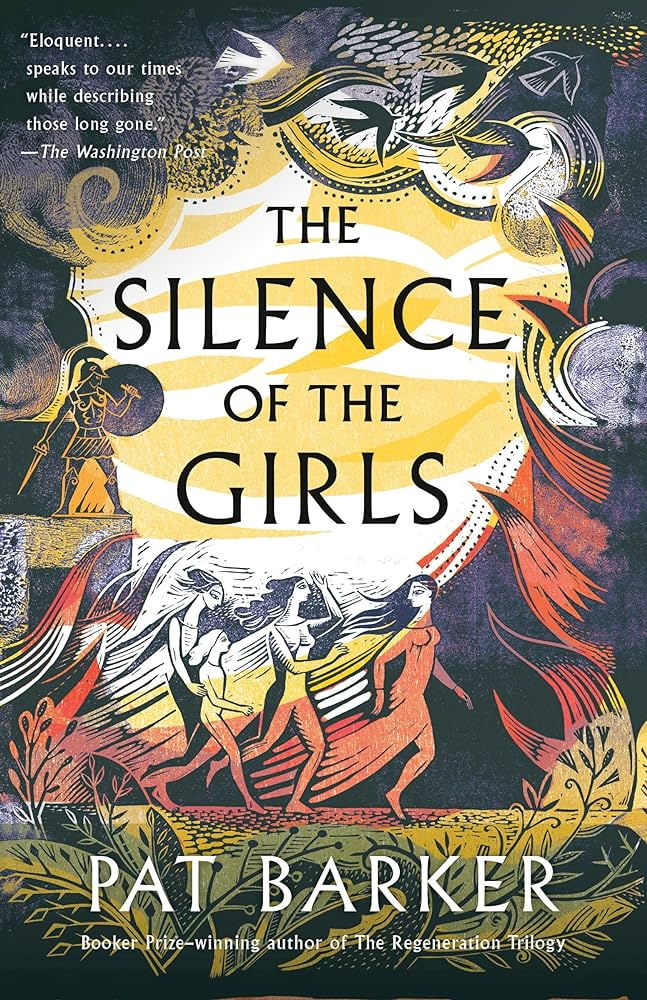From the Women’s Prize Archives.
Pat Barker’s wonderful historical retelling The Silence of the Girls was shortlisted for the 2019 Women’s Prize for Fiction. We caught up with Pat to discuss the Iliad, re-writing myths and giving voices to overlooked women.
Why was it important to tell the story of the Iliad from a female perspective?
The Iliad begins with long and immensely eloquent speeches from two of its main characters, Achilles and Agamemnon who are quarrelling over ownership pf a slave girl. The girl says nothing. Philip Roth once wrote the whole of European literature begins with two men fighting over the body of a young girl. I thought: Yes, if you’re a man it does. If you’re a woman it begins with silence. So my main motivation was to give a voice to those silenced women.
Why did you choose Briseis as the main character?
Briseis begins the day as a queen and ends it as a slave girl in bed with the man who killed her husband and her brothers. It’s impossible to imagine a more dramatic change of circumstances than that. I was interested in how such a person could survive, let alone recover.

How does writing myth compare with writing history?
In writing history the one thing to avoid at all costs is anachronism. In writing myth anachronisms are almost essential. They’re a way of reminding the reader – and yourself – that the truths of myth are still applicable today. History is then. Myth is now.
Why has there been a recent surge in the retelling of classical myths?
I don’t think anybody knows, but one of the reasons may be that we are deluged with over-hyped stories in various media – including fake news – and these stories occupy the headlines for a short time and then disappear. By contrast, myths have been around for thousands of years and yet they are still relevant.
Can you say which women writers you particular admire?
I admire any writer, published or unpublished, who shows up at the cliff face day after day, no matter what else is going on in her life. Writers like that have my total respect, because I know from first-hand experience how difficult it can be.
What are you working on now?
Good advice: never talk about work in progress. If you want a cup of tea, you need to keep the steam in the kettle.



